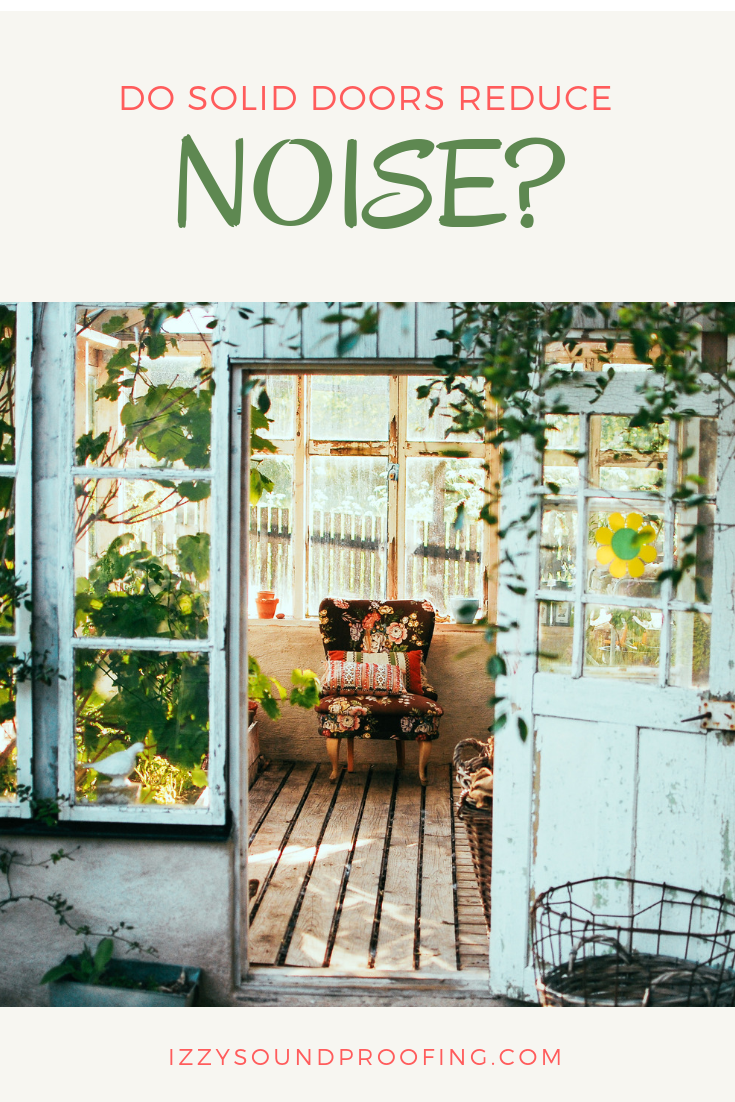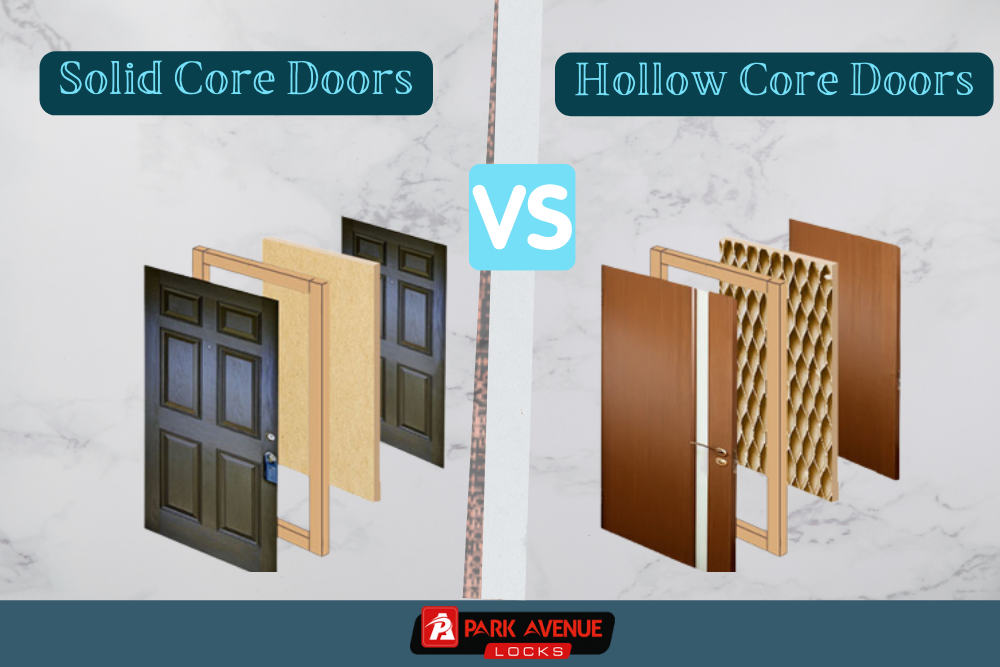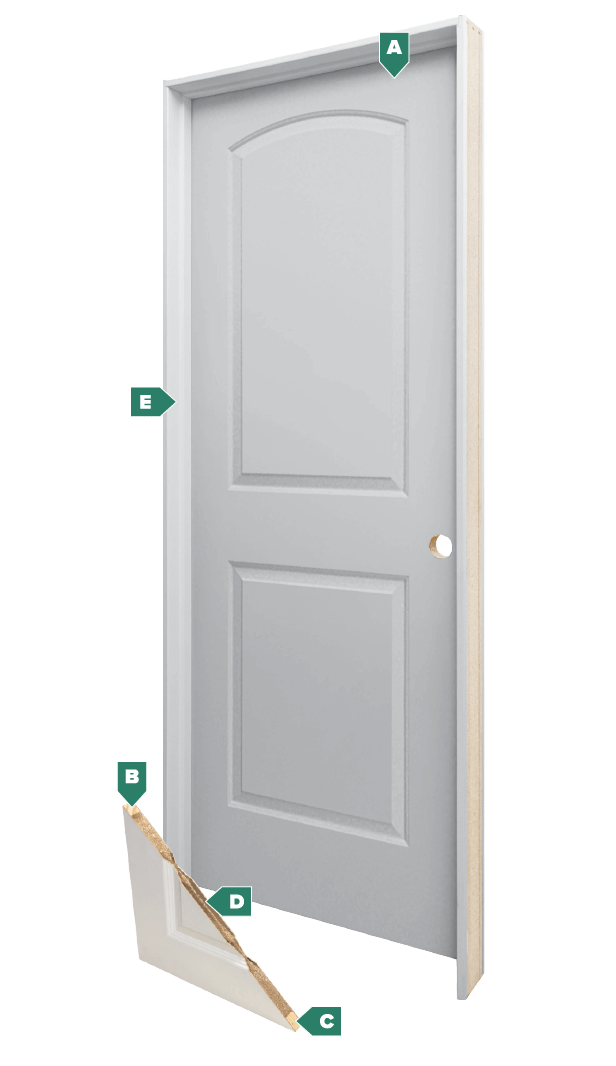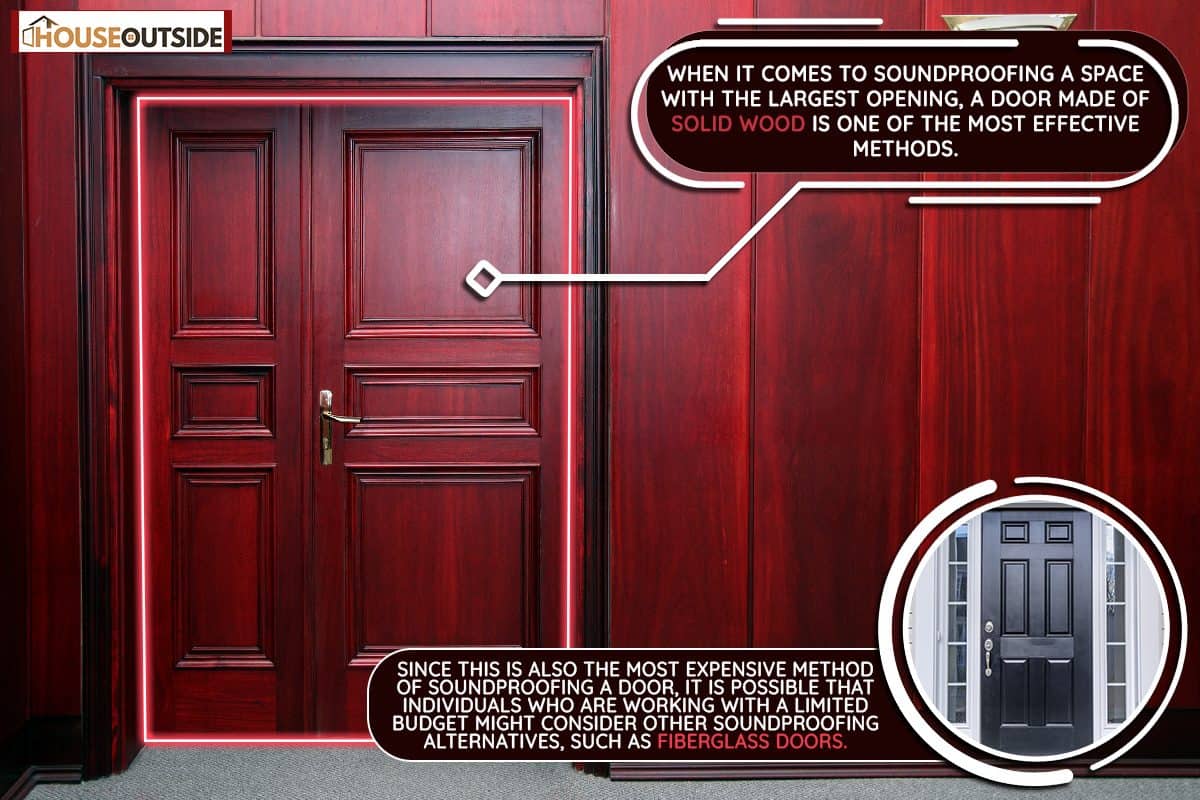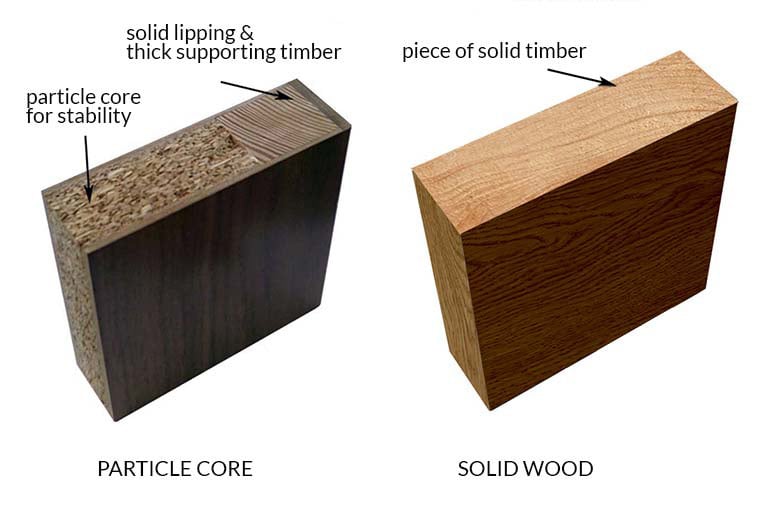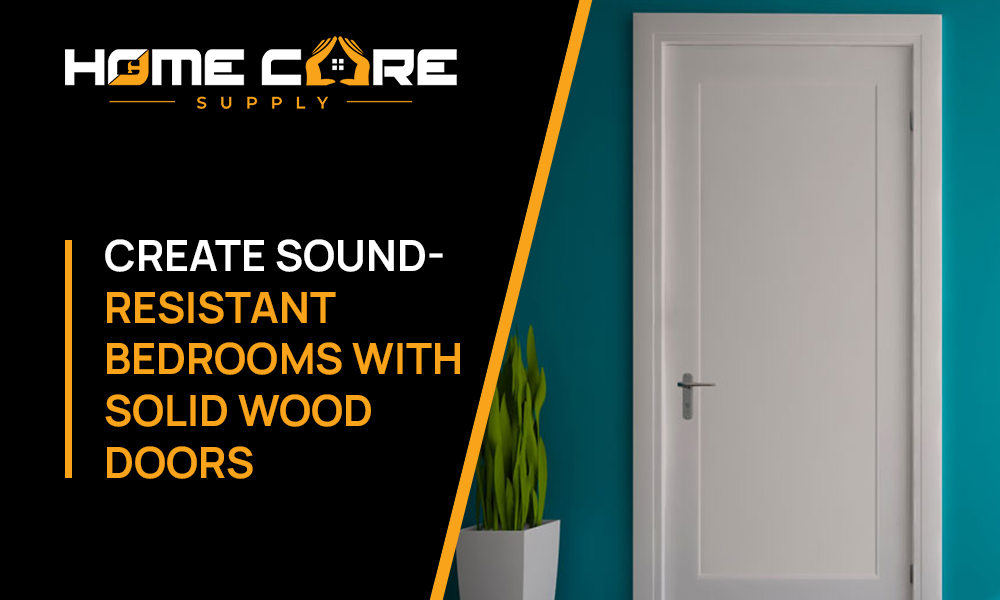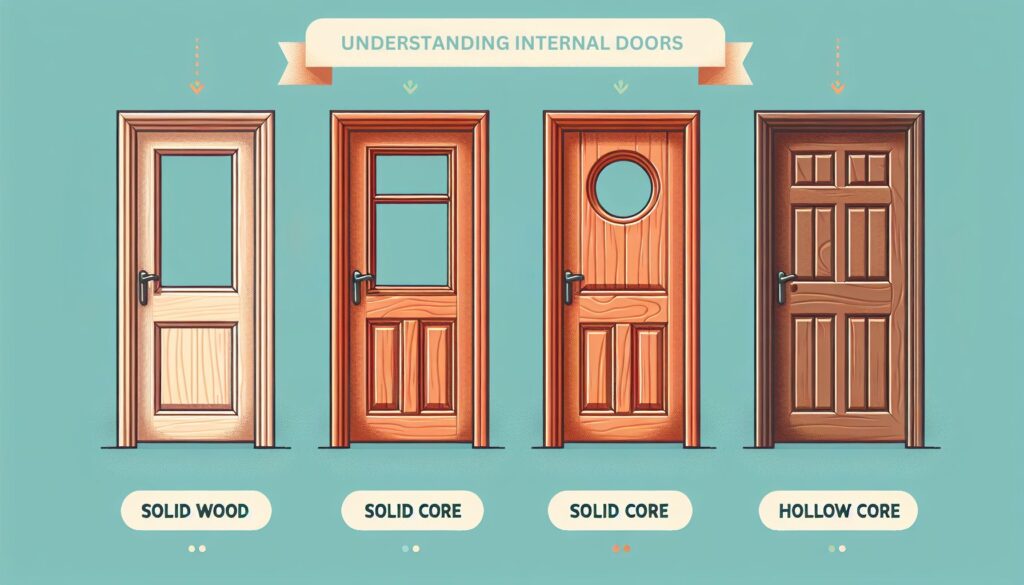Do Solid Core Doors Reduce Noise

In an increasingly noisy world, homeowners and renters are constantly seeking effective solutions to create quieter living spaces. One common question that arises is whether replacing hollow core doors with solid core doors can significantly reduce noise transmission.
This article examines the soundproofing capabilities of solid core doors, drawing on expert opinions, scientific studies, and practical applications to determine their effectiveness in minimizing noise pollution within residential and commercial environments. We will explore the physics of sound transmission, compare different door types, and assess the real-world impact of solid core doors on noise reduction.
Understanding Sound Transmission and Door Construction
Sound travels through the air as waves, and these waves can pass through various materials, including doors. The amount of sound that passes through a door depends on several factors, including the door's material, density, and construction.
Hollow core doors, commonly found in interior spaces, are lightweight and inexpensive. They typically consist of a thin veneer of wood or composite material over a honeycomb or hollow interior. This construction makes them poor insulators against sound.
Solid core doors, on the other hand, are constructed with a dense core of wood, particleboard, or composite material. This solid construction provides a much greater barrier to sound transmission.
The Science Behind Sound Reduction
The ability of a material to block sound is measured by its Sound Transmission Class (STC) rating. The higher the STC rating, the better the material is at reducing sound transmission. Typically, a higher STC rating indicates better soundproofing capabilities.
Hollow core doors generally have STC ratings in the range of 15-20. Solid core doors, depending on their construction, can achieve STC ratings of 25-35 or even higher. This difference in STC rating directly translates to a noticeable reduction in noise transmission.
A study published by the Acoustical Society of America demonstrated that increasing the STC rating of a door by 10 points can result in a 50% reduction in perceived loudness. This highlights the significant impact that solid core doors can have on creating a quieter environment.
Practical Applications and Real-World Impact
The benefits of solid core doors extend beyond just reducing noise from adjacent rooms. They can also help to block out external noise from traffic, construction, or other sources.
In homes with young children, solid core doors can be particularly beneficial in nurseries or playrooms, helping to create a more peaceful environment for sleeping or learning. Similarly, in home offices, solid core doors can minimize distractions and improve concentration.
"We installed solid core doors in our home office, and the difference is remarkable," says Sarah Miller, a freelance writer working from home. "Before, I could hear everything happening in the house, which made it difficult to focus. Now, I have a much quieter and more productive workspace."
Beyond residential applications, solid core doors are also commonly used in commercial settings such as offices, hotels, and apartments where privacy and noise reduction are important considerations. Hospitals and healthcare facilities also use solid core doors to maintain patient privacy and create a healing environment.
Factors Affecting Soundproofing Performance
While solid core doors are generally more effective at soundproofing than hollow core doors, their performance can be influenced by several factors. One crucial element is the quality of the installation.
Gaps and cracks around the door frame can allow sound to leak through, negating the benefits of a solid core door. Proper sealing with weather stripping and acoustic caulk is essential for maximizing sound reduction.
Additionally, the presence of a threshold or door sweep can help to create a tighter seal at the bottom of the door, further minimizing sound transmission. The thickness and density of the door core also play a significant role in its soundproofing capabilities.
Beyond the Door: A Holistic Approach to Soundproofing
It's important to remember that doors are just one element of a comprehensive soundproofing strategy. Other factors, such as the walls, windows, and flooring, can also contribute to noise transmission.
To achieve optimal sound reduction, it may be necessary to address these other areas as well. This could involve adding insulation to walls, installing double-paned windows, or using sound-absorbing materials such as carpets or acoustic panels.
For example, adding soundproof curtains to a room can dramatically improve the sound quality of a space, but doesn't solve the problem of sound entering or leaving a room through a door.
Conclusion
Solid core doors offer a significant improvement in sound reduction compared to hollow core doors. Their dense construction provides a more effective barrier to sound transmission, resulting in a quieter and more peaceful environment.
While the cost of solid core doors is higher, the benefits in terms of noise reduction, privacy, and overall quality of life often make them a worthwhile investment. Especially for those living in noisy areas, or who value peace and quiet, solid core doors are worth the consideration.
By understanding the science of sound transmission and the factors that influence soundproofing performance, individuals can make informed decisions about whether solid core doors are the right solution for their specific needs.

